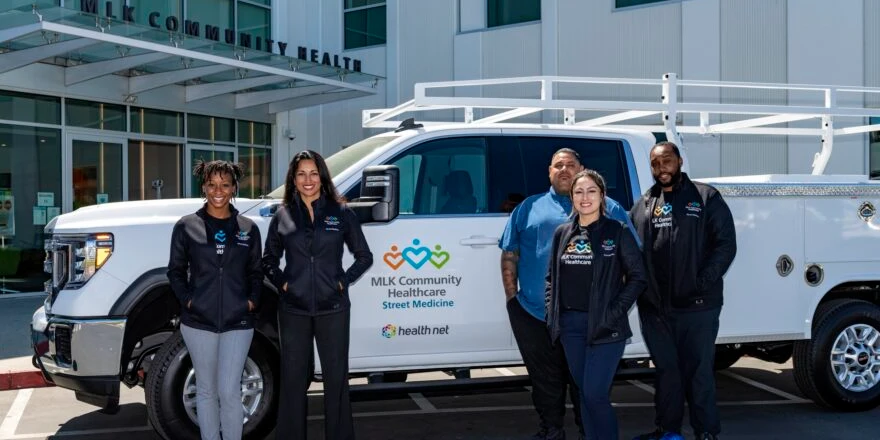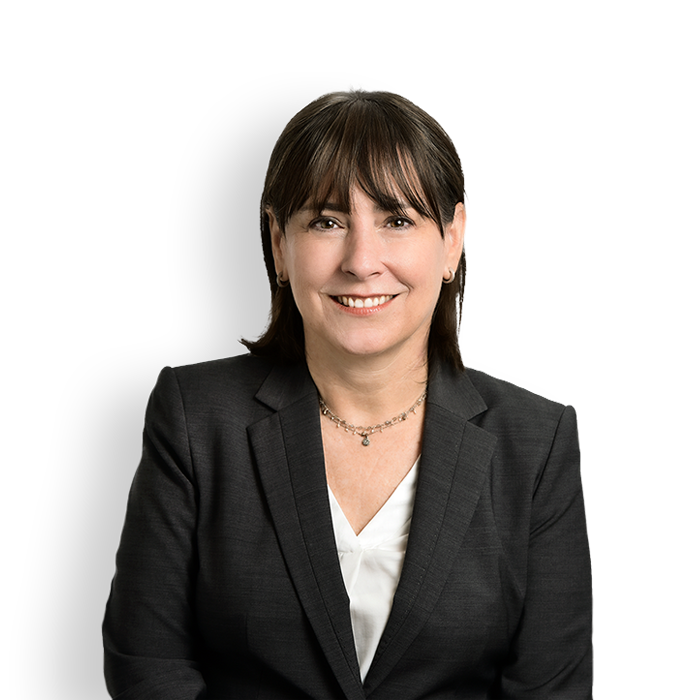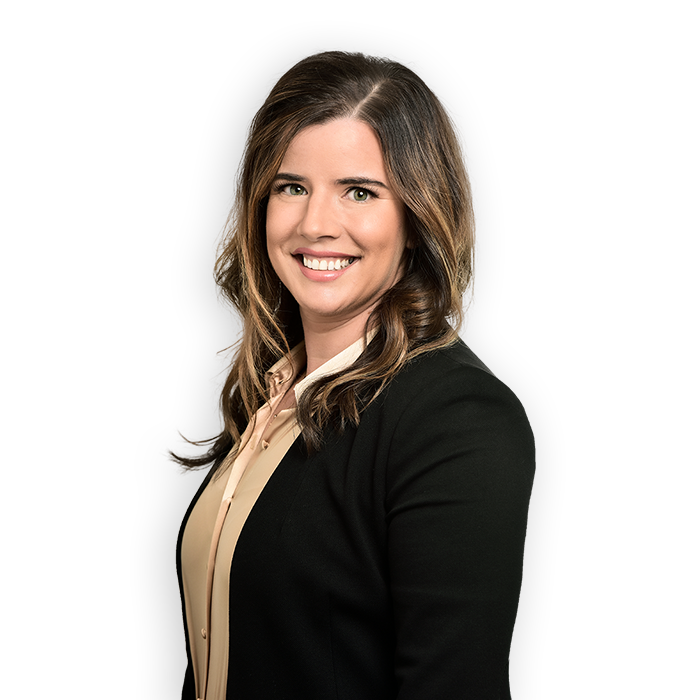HLB Helps South LA Community-Based Health System Launch Innovative Health Care Program for People Experiencing Homelessness

The Client’s Issues
Since 2015, MLK Community Healthcare (MLKCH) has acted on its mission to address health equity by providing underserved, safety-net communities in South Los Angeles with access to high-quality health care services and facilities. The 1.3 million residents of South LA continue to suffer from a disproportionate burden of poor health due to decades of structural exclusion, underinvestment, and lack of access to resources of all kinds. Through its state-of-the-art MLK Community Hospital, a medical group, three outpatient practice sites and an array of community health programs, MLKCH has, in its words, “established an intentional, quality-driven healthcare culture to address South LA’s most pressing health problems.”
Among the most pressing of those problems is serving the health care needs of the area’s growing ranks of unsheltered individuals and families. According to the Los Angeles Homeless Services Authority’s 2022 Greater Los Angeles Homeless Count, the homeless population in Los Angeles County is 69,144, a 4% increase since 2020. The hospital’s service area bears the County’s largest burden of this population—over 14,000 of those individuals are in South LA.
Homeless individuals lack access to health care services due to a variety of circumstances, from the critical physician gap (South LA has a gap of 1,500 physicians compared with communities of similar size) to economic and physical limitations and lack of transportation or internet access.
The HLB Difference
To address the critical needs of its unhoused patients, MLKCH developed and launched its innovative “Street Medicine” program. The program meets MLKCH homeless patients where they live, with teams of medical professionals and social workers, ensuring access to ongoing care, facilitating connection to key resources, and preventing unnecessary returns to the emergency department.
Sandi Krul and Alicia Macklin, co-chairs of the firm’s Health Equity Task Force, with the support of other HLB attorneys, provided the counsel and expertise needed to navigate complex state and federal regulations for the Street Medicine program.
Sandi and Alicia’s work is illustrative of HLB’s foundational commitment to health equity, as we support our clients’ efforts and marshal our experience and resources to increase access to health care and improve health outcomes for underrepresented communities.
The Result and Its Implications
Since launching in August of 2022, the Street Medicine program has become a department of MLK Community Healthcare, with the ability to expand its teams and serve as a model for other health systems throughout the state and nation. On average, MLKCH street medicine teams provide care to roughly 50 patients on the streets every month, with that number growing as teams expand. Access to services in this innovative approach is critical in addressing health and social influence issues, preventing the progression of conditions to a life-threatening stage and often improving quality of life through connection to key resources.
Team and Resources:

